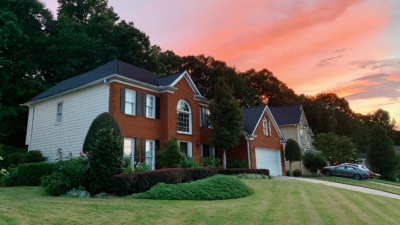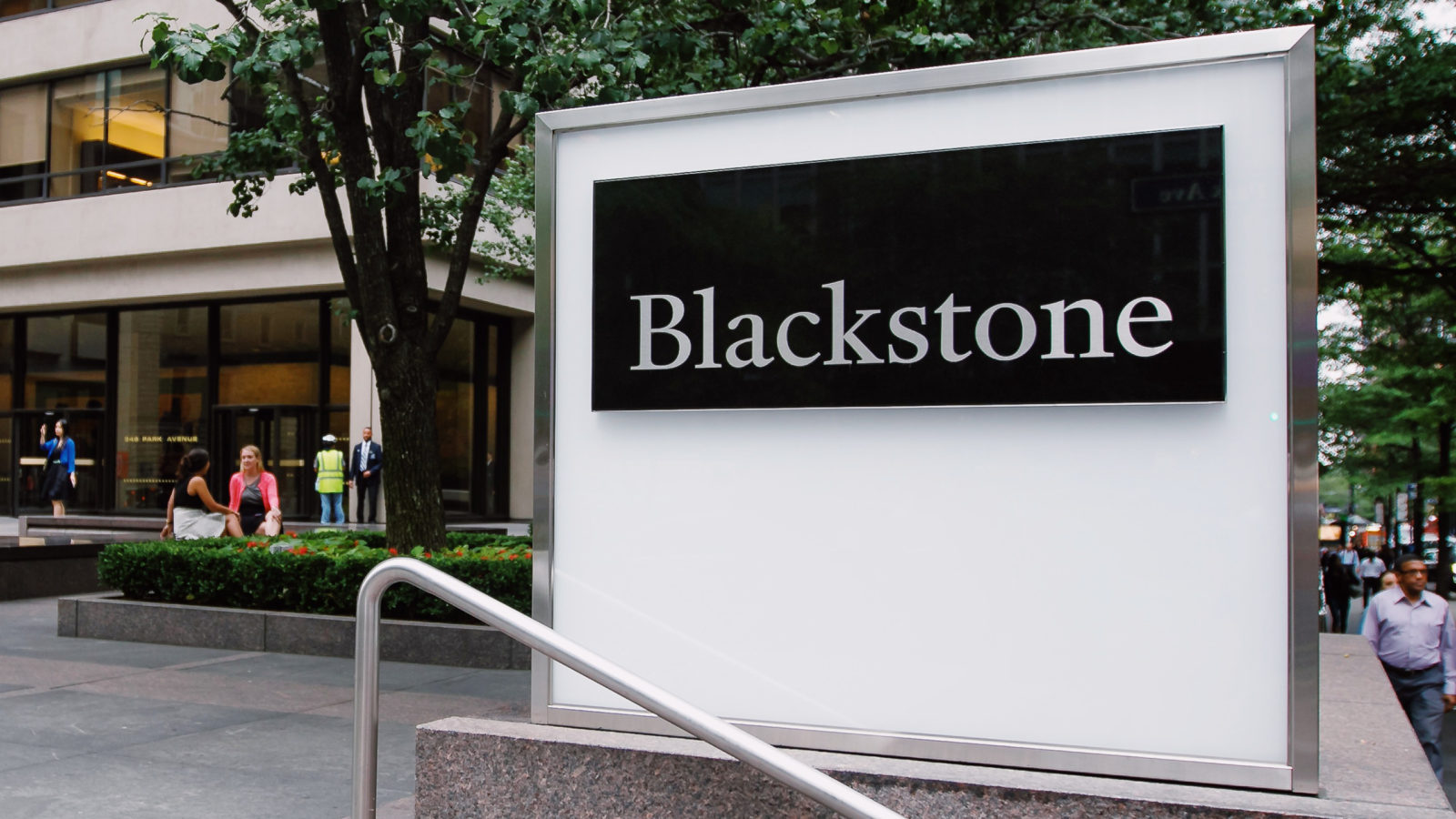
Sign up for smart news, insights, and analysis on the biggest financial stories of the day.
Going to college is expensive, said every student in America. Why yes, yes it is, replied US investment giant Blackstone, which knows a good business opportunity when it sees one.
On Monday, the private equity giant agreed to acquire American Campus Communities, the country’s largest developer and owner of student housing, for $12.8 billion. It’s a big bet that there’s plenty of future money to be extracted from student loan-backed youngsters in need of a place to crash between nighttime keggers and the next morning’s ENGL 430: Literature of the Middle Ages class.
Dorm Wars
New York-based Blackstone, which also made multibillion dollar acquisitions in apartment and single-family home rentals within the last year, first dipped its toes into the student housing market in August, when it bought a majority stake in eight student-housing properties for $784 million.
Along with competing asset managers like Brookfield, it’s offering decked out student housing, with luxuries including gaming rooms, state-of-the-art gyms, swimming pools, and super fast Wi-Fi — all the things one needs to stay sane during finals week. Monday’s big purchase looks smart because, while college enrolment is falling, student landlords are doing just fine:
- As of December, students at 200 post-secondary US institutions tracked by real estate data firm Yardi Matrix paid an average monthly rent of $791 per bedroom for housing, up 2% year-over year. And they’re signing up early to do so: 94% of rooms were pre-leased — up 5.2% year-over year. That’s despite a 6.6% decrease in undergraduate enrollment in the US.
- American Campus Communities, which made roughly $35 million in net income on $940 million in revenue last year, gives Blackstone a whopping 166 properties in 71 university markets, including Arizona State and the University of Texas at Austin. Blackstone’s purchase price of $65.47 per share gives ACC shareholders a 14% premium over Monday’s closing price.
How They Do It: Blackstone uses subsidiaries Blackstone Real Estate Income Trust (BREIT) and Blackstone Property Partners to buy real estate, because, unlike the firm’s main private-equity funds, they can hold on to properties as long-term investments.











